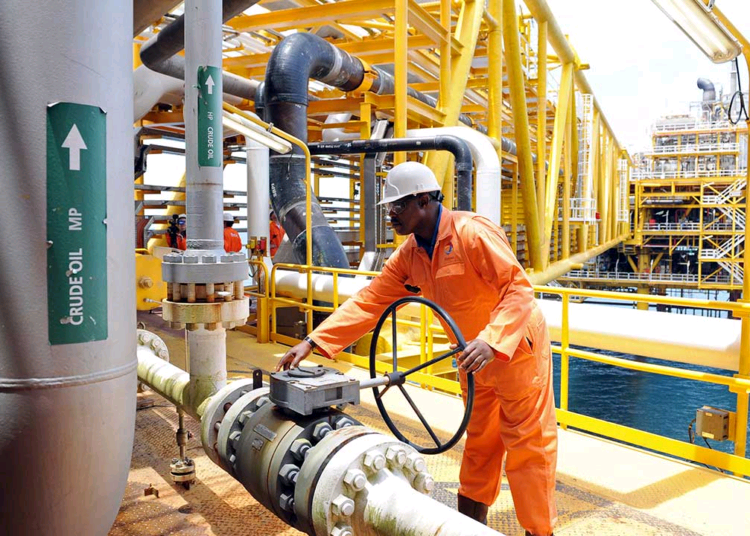-
Nigeria’s Active Oil Rigs Hit 50 From 31
-
Government credits Petroleum Industry Act for renewed investor confidence
-
Project One Million Barrels pushes daily production to 1.83m bpd
Nigeria’s upstream oil sector is witnessing a sharp rebound as the number of active oil rigs jumped from 31 in January 2025 to 50 by July 2025, signalling renewed investor confidence and stronger production momentum.
The revelation was made by President Bola Ahmed Tinubu, represented by Minister of State for Petroleum Resources (Oil), Senator Heineken Lokpobiri, at the ongoing Africa Energy Week in Cape Town, South Africa.
ATTENTION: Click “HERE” to join our WhatsApp group and receive News updates directly on your WhatsApp!
Reform-Driven Growth
Tinubu reaffirmed his administration’s commitment to investor-friendly policies, describing Nigeria as “open for business” with reforms that guarantee transparency, efficiency, and sustainable growth in the petroleum sector.
At the heart of this transformation is the Petroleum Industry Act (PIA), which has redefined licensing frameworks, host community engagement, and regulatory oversight to attract international and local capital.
“What makes Nigeria different now is the legal, regulatory, financial, and structural transformation we are delivering,” Lokpobiri declared.
Project One Million Barrels
According to the Minister, the Project One Million Barrels initiative, launched in October 2024, has boosted Nigeria’s daily crude output to between 1.7 million and 1.83 million barrels per day, including an additional 300,000 bpd recorded in July 2025 alone.
The surge in active rigs underscores the momentum, with major International Oil Companies (IOCs) divesting assets worth over $5.5 billion, translating into new Final Investment Decisions (FIDs) expected to inject about 200,000 bpd into national production.
READ ALSO: Oil Workers’ Strike Shuts Down 16% of Nigeria’s Crude Output — NNPCL
“These are not just transfers of assets, they are transfers of confidence, capability, and ownership,” Lokpobiri noted.
Africa’s Energy Future
The Minister also urged Africa to leverage its vast hydrocarbon resources, warning against excessive dependence on imports. He pointed out that the continent spends $120 billion annually on hydrocarbon imports, despite having nearly $4 trillion in domestic capital tied up in pension and insurance funds.
Nigerian Celebrity Gists at Your Fingertips – Trust Gossip Chef for the Latest Updates!
Lokpobiri called for a strategic redirection of local capital into productive energy investments, stressing that Nigeria would responsibly use its oil while pursuing diversified and sustainable energy pathways.

